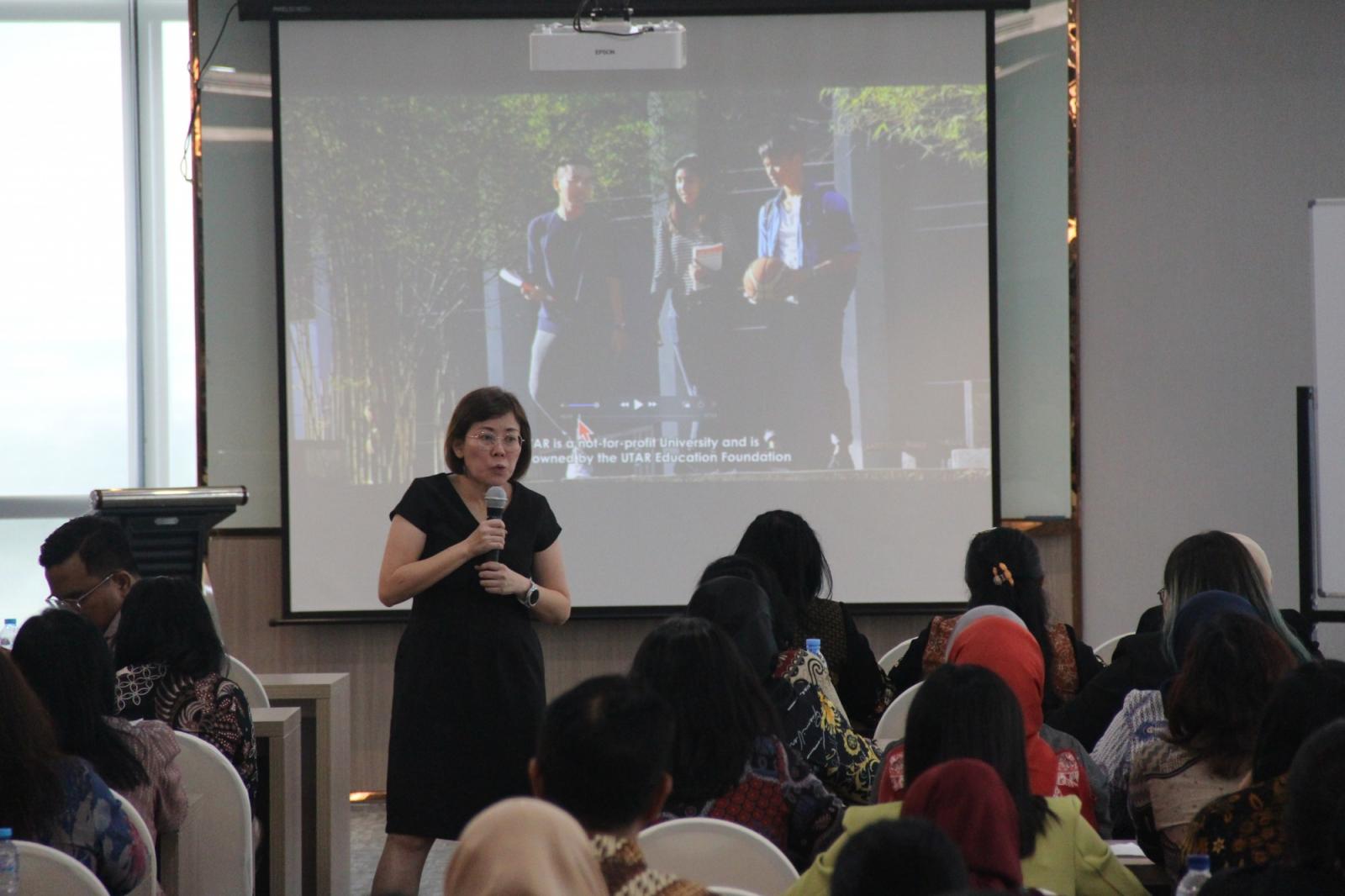Learn crucial roles of wasiyyah in wealth distribution

JAKARTA – A wasiyyah is not just a legal document, but a final statement reflecting an individual's wishes regarding the distribution of their wealth after death.
Dr. Kuah Yoke Chin, Deputy Dean for Student Development and Industrial Training at Universiti Tunku Abdul Rahman (UTAR), stressed the importance of wasiyyah in ensuring fair wealth distribution and preventing family conflicts.
“A wasiyyah is a legal instrument that allows a person to determine how their assets, such as property, cash, investments, and other belongings, wasiyyah be distributed,” she said at the Islamic Wealth Management seminar at Menara Syariah, Pantai Indah Kapuk 2, on Friday (7/2).
According to her, there are four types of wasiyyah:
First, an Individual Wasiyyah, a personal document outlining the distribution of one's assets.
Second, a Joint Wasiyyah, created by a married couple to manage their combined assets.
Third, an Islamic Wasiyyah, adhering to Sharia law, which allows up to one-third of the estate to be distributed to non-heirs.
Fourth, a Living Wasiyyah, containing instructions on medical care should the individual become unable to make decisions.
One of the primary benefits of having a wasiyyah is to prevent family disputes. "Without a clear wasiyyah, families can be caught in lengthy and costly legal proceedings, which may strain family relationships," she noted.
Moreover, a wasiyyah provides an opportunity for the testator to support charitable causes or specific individuals. This could include donations to social organizations or offering financial assistance to family members in need. (DK/ZH)